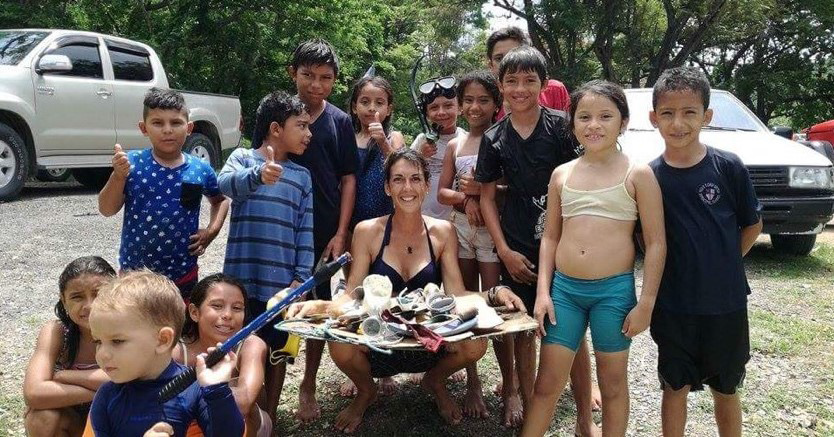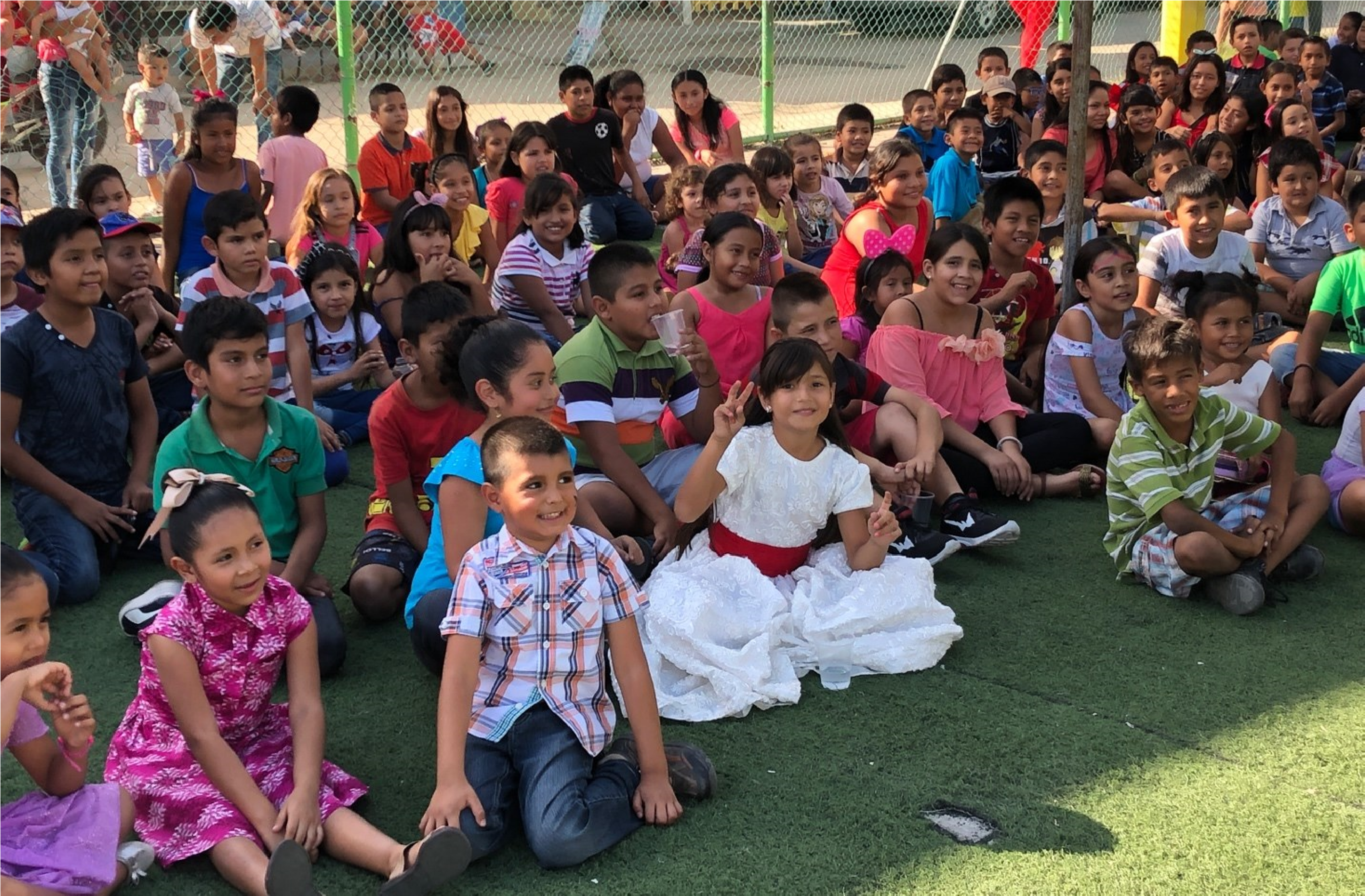By Suzanne A. Marshall on the August 2019 Edition
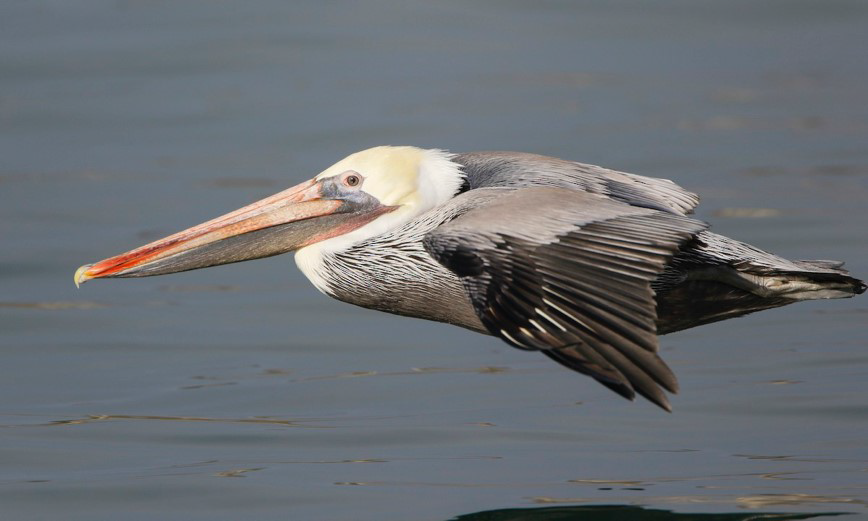
Ever since coming to Mexico, I’ve had this fascination for Pelicans. Which means I watch them a lot from my terrace and on regular beach walks up to the rocks and the river where the bay ends and Karmina Palace stands regally in the background.
The brown pelican common to Mexico is a great swimmer and dives like a torpedo for it’s food. If you watch them, it’s pretty magnificent. They are apparently highly social and breed in colonies of up to several thousand, year round. They take care of and manage their young for up to one year but the young do not reach sexual maturity until 3-5 years. They are ‘long lived’ and the oldest recorded individual reached a stunning record of 43 years of age. No wonder my fascination.
Due to pesticides, we almost lost this species between the late 1950s and early 1970s. Then it was placed on the Federal Endangered Species List leading to a ban on DDT and a reduction of the use of others. Things began to improve thereafter.
I’m worried this year. I have no real scientifically based reasons to be concerned but I have noticed a distinct drop in the number of Pelicans around our shores. In particular, we’re usually inundated by the brown pelicans in the early months of the year. Perhaps they’ve gathered elsewhere nearby but, after 11 years of watching, that seems unusual.
As I’ve watched these majestic divers torpedo into the waves followed by their entourage of frigate birds and others, I’ve learned they are diving into massive schools of fish and enjoying the local banquet. The others pick up the leftover morsels and it seems to be a good relationship with nature. As time wore on, and the pelicans remained scarce, I came to the conclusion that the fish aren’t showing up and therefore the pelicans have gone off somewhere else to hunt.
If I’m to draw any conclusions from the global forecasts and local weather, I’d have to say that the water is
fish don’t like it. So they, too, go elsewhere. Perhaps further out to sea where there may be colder currents.
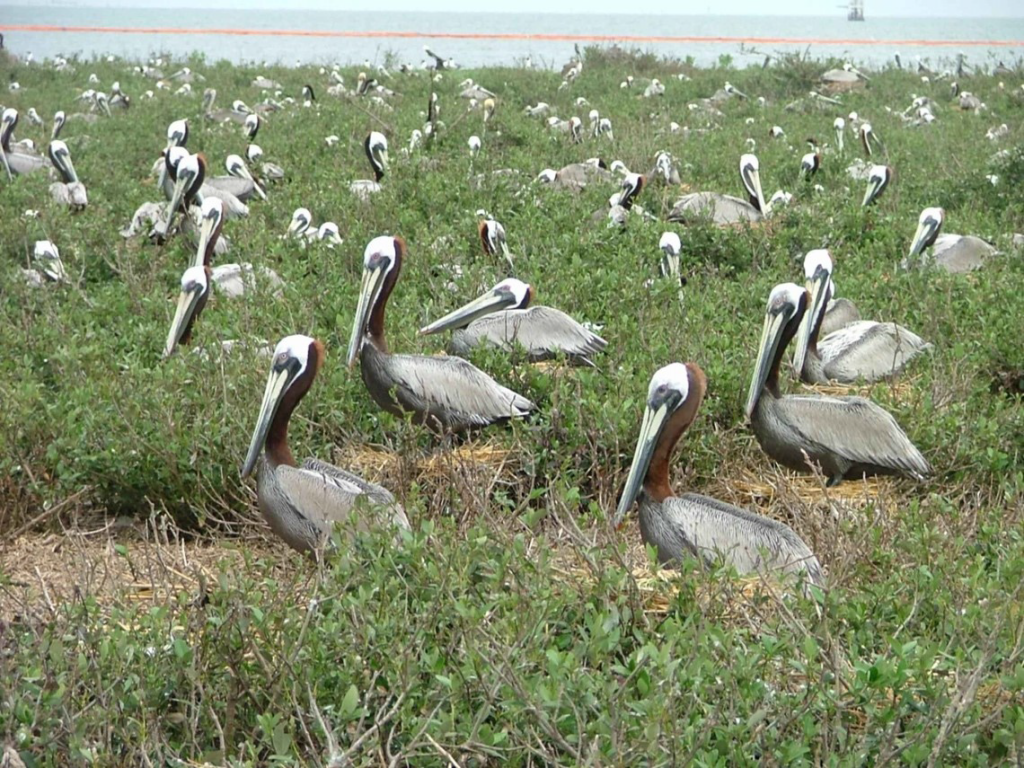
All of this particular observation seems to also be connected to the number of local fisherman I see. This number has also dropped and I have seen only one skivvy of men diving in after nets and pulling them to shore with very little to show for their efforts. A few days ago I took my beach walk down to the river and was stunned to see a bare landscape where many men would be fishing off the shore and off the piled up rocks at the mouth of the river. That truly concerned me.
I’m not an ecologist of course but I do pay attention and listen to global weather reports round the world. This week, record keepers have confirmed the hottest June ever recorded on earth. In France, temperatures were recorded as high 40+C and records have been broken in Italy and Greece. Canada, too, has dealt with strange (or at least not typically what they are used to) weather and friends have sent photos of flooding while others are parched by heat.
At one time, I told myself that global warming and cooling were normal events over history. Look at the ice ages that have come and gone. Could human beings possibly be the cause of all the current disturbances? While I really didn’t want to think so, even I, this lowly layperson, am beginning to believe we are. It’s an emotional thought when you think of future generations (your own in particular) and wonder what their world will look like.
I take some ‘heart’ from knowing that many are trying to change elements of the causes of climate change and we are doing what we can. Recycling, talking openly about it and hoping that the controls needed to stem the nasty production of polluting materials, including the inefficient burning of fossil fuels, are examples.
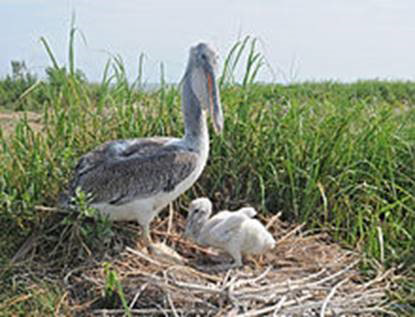
Mexico, in my opinion, is behind many countries in measures to curb these problems. I note that ecology is being introduced into school systems here now, which is so important. Teaching children is one of the best moves possible. They are the future. Here, in Manzanillo, many restaurants are eliminating the use of plastic drinking straws; some are using paper products for take-out food; regular garbage pickup is being practiced on our beach (and hopefully others).
This is so important with that huge tide ready to sweep up everything off the beach and carry it out to sea. I’ve also noted the addition of several refuse cages strategically placed along the beach with signage encouraging use. And it seems to be happening. These are a great idea since they are somewhat permanent as fenced compounds complete with heavy duty wire and fence posts. Garbage cans simply weren’t working or were being taken away, possibly stolen, for other uses. These are wonderful signs of progress and that there are people taking measures to be a part of cleaning up the planet.
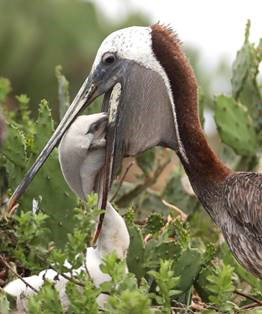
I don’t mean to be ‘preachy’ here, but the least we can do is manage our garbage, recycle as much as possible and join the ‘reuse’ movement. If you have clothing and ‘stuff’ you don’t like, need or want, give it away to a family who does or donate it to a cause that will be grateful to have it. Bring reusable bags when you go grocery shopping and skip the vegetable bags when possible. Do bunches of bananas really need separate clear bags? It’s at least a beginning. And
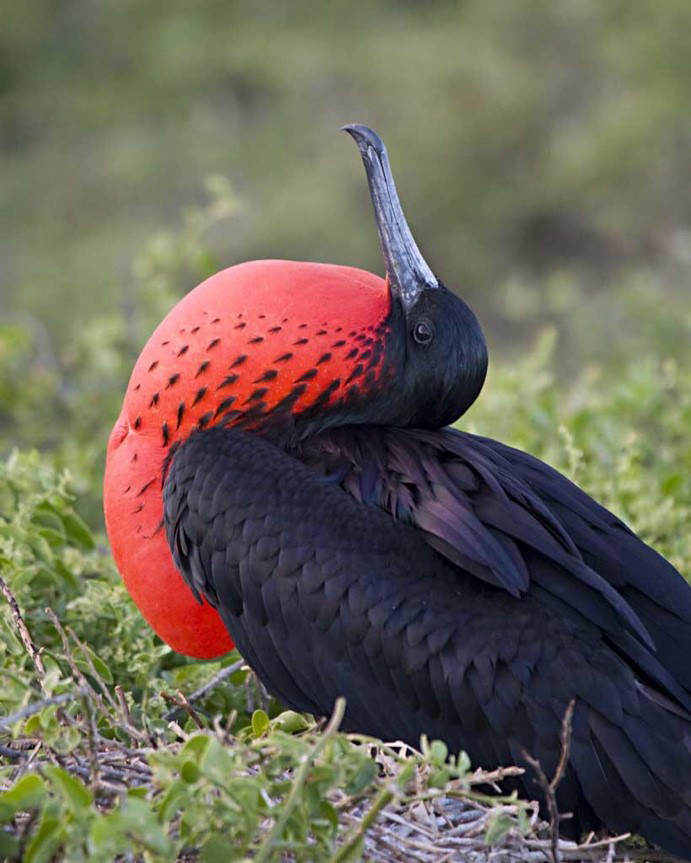
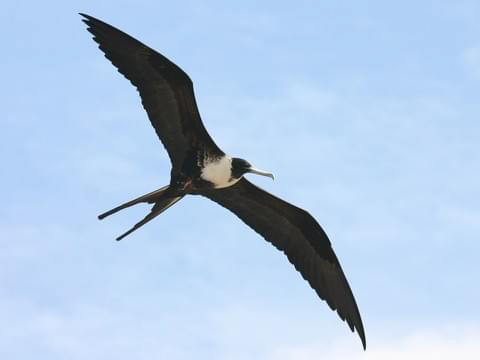
here I am sticking my neck out a wee bit with absolutely no authority and certainly needing more pertinent education; writing about this. I hope you will understand it comes from the heart.
One last add-in. My research found me honing in on PADI Proyecto A.W.A.R.E. Check it out. It’s wonderful to see this initiation. www.projectaware.org.
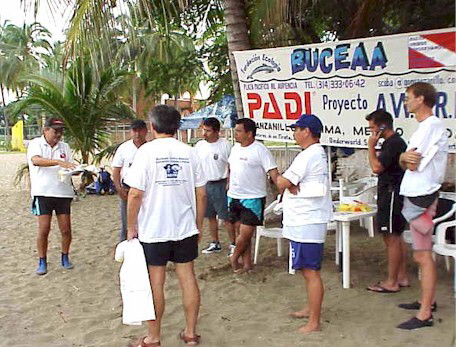
The full edition or view it online
—
Suzanne A. Marshall hails from western Canada and has been living the good life in Manzanillo over the past 8 years. She is a wife, mom and grandma. She is retired from executive business management where her writing skills focused on bureaucratic policy, marketing and business newsletters. Now she shares the fun and joy of writing about everyday life experiences in beautiful Manzanillo, Mexico, the country, its people, the places and the events.
